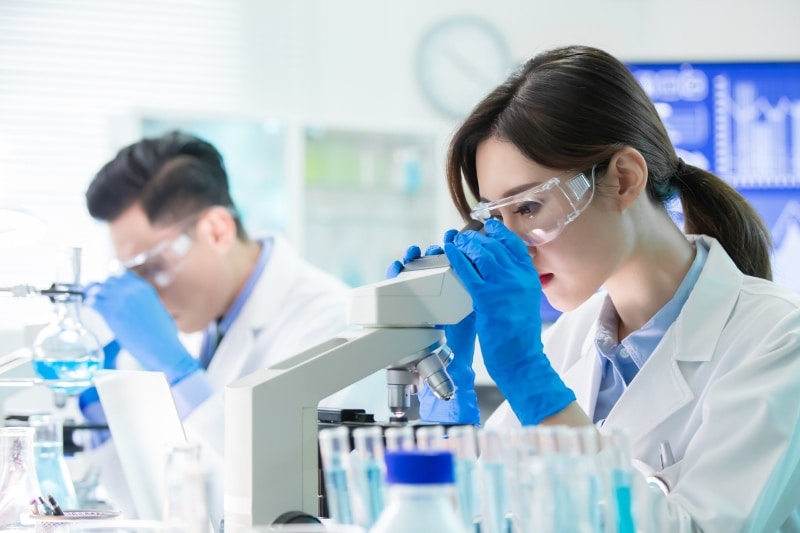SK Plasma, a subsidiary of SK Discovery, has announced plans to construct a blood products plant in Indonesia worth USD 250 million. The Indonesian Health Ministry has granted SK Plasma final approval for the development of a plasma fractionation facility, which will manufacture products such as immune globulin and albumin for patients with hemophilia and immunodeficiency diseases.
The facility will have a production capacity of 1 million liters per year and will ensure a stable supply of blood products in Indonesia, which currently depends on 100% on imports. The company plans to start construction in the first half of this year on a site near Jakarta. It usually takes two years to construct a blood products manufacturing facility, followed by an additional year to receive a good manufacturing practice certificate. Therefore, the company is expected to start the full operation of the plant approximately three years from now.
Meanwhile, SK Plasma is also planning to establish a joint venture in Indonesia, which will manage the plant’s operations and oversee the production and sale of products made at the facility. The joint venture is anticipated to generate annual sales of 300 billion won (USD 226 million), which will place it among the top five pharmaceutical firms in Indonesia.
SK Plasma’s CEO, Kim Seung-Joo, stated that the company intends to create new business opportunities and achieve its ESG objectives by transferring technologies related to blood products and constructing a manufacturing facility in a country that lacks the necessary infrastructure. This move will not only allow SK Plasma to expand its business, but it will also benefit the people of Indonesia by providing a stable supply of blood products and potentially creating job opportunities.
The project is in line with Indonesia’s push for self-sufficiency in healthcare, as the country aims to reduce its dependence on imported medical supplies. The construction of the blood products plant in Indonesia is expected to create a more sustainable supply chain and reduce the nation’s reliance on imported blood products. Additionally, the facility will help improve Indonesia’s healthcare infrastructure, contributing to the country’s efforts to achieve universal healthcare coverage.
(Source: The Korea Herald)
